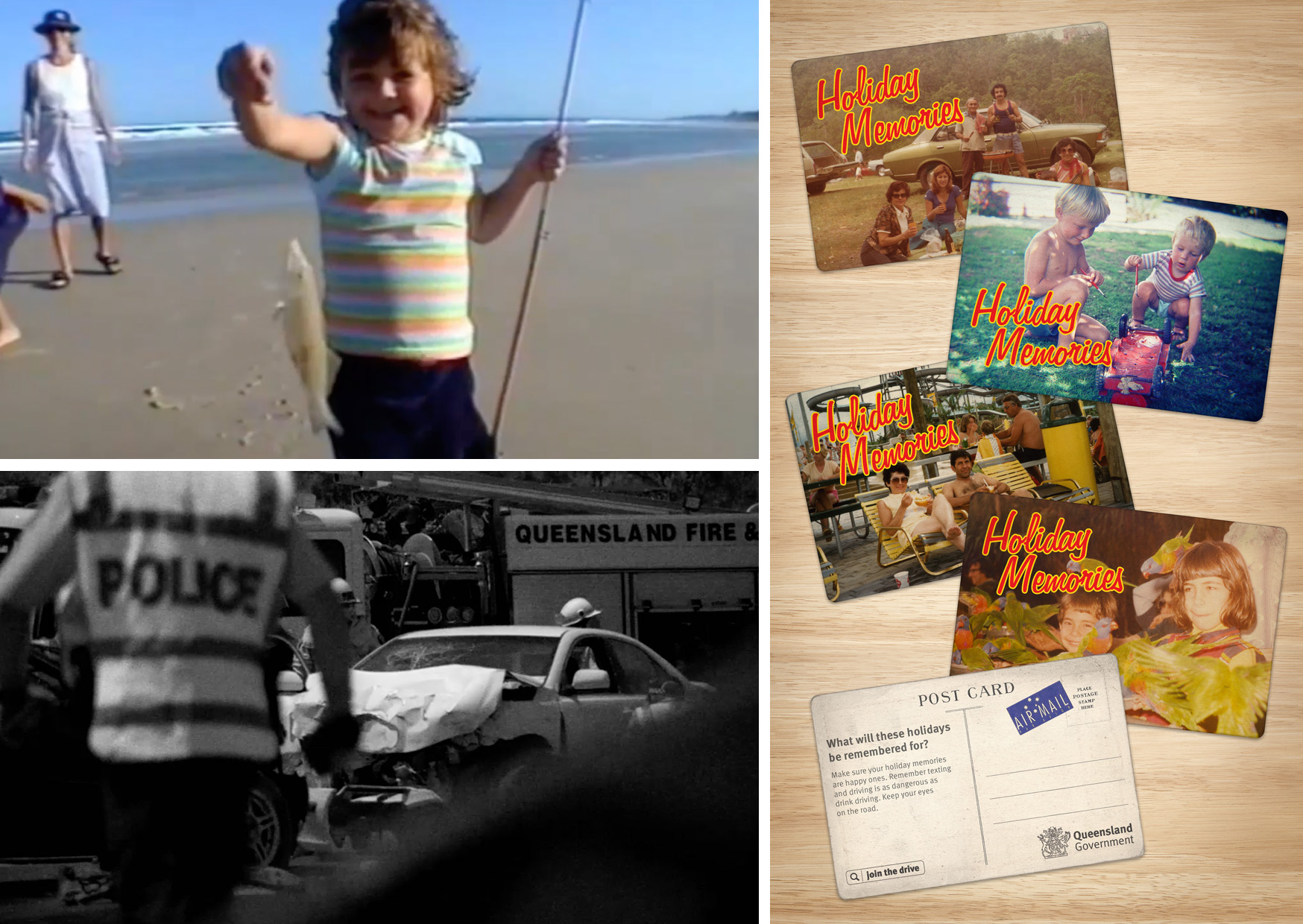

“It’s not like they had some extra lobe or a ‘third’ hemisphere of the brain,” says Stark.

“It must be something about the way they hold on to the information that the rest of us aren’t doing,” Stark says.ĭisappointingly, brain scans have failed to reveal any huge anatomical differences that might explain how this occurs. In reality, the differences only emerged months down the line: whereas for the other subjects, they had become faded and vague, for the HSAM subjects the events were still just as fresh. He thought, for instance, that HSAM subjects begin at a richer starting point, encoding more details as soon as an event has occurred. Craig Stark at the University of California, Irvine recently questioned HSAM subjects one week, one month and one year after events in their life to see how their memories of events change over time. Some clues come from observing the way their memories evolve over time. They can be primed to remember world events that never actually occurred, for instance.Ĭlearly, there is no such thing as a “perfect” memory – their extraordinary minds are still using the same flawed tools that the rest of us rely on. And although their memories are vast, they are susceptible to some of the mistakes we all make: in 2013, Lawrence Patihis (now at the University of Southern Mississippi) and colleagues found that people with HSAM still suffer from “false memories”.
#People with bad memories full
“Sometimes I don’t remember what happened five minutes ago, but I can remember a detail from 22 January 2008,” explains “Bill”, who asked us not to use his full name to avoid unwanted attention. Nor are they necessarily better at remembering a round of drinks, say. Intriguingly, their memories are highly self-centred: although they can remember “autobiographical” life events in extraordinary detail, they seem to be no better than average at recalling impersonal information, such as random lists of words. During one of his visits, Veiseh’s memory proved to be so accurate that he even found himself correcting the scientists’ test about the exact date that Michael Phelps won his eighth gold medal in the 2008 Beijing Olympics. It didn’t take long for magazines and documentary film-makers to cotton on to her “total recall”, and thanks to the subsequent media interest, a few dozen other subjects (including Veiseh) have since come forward and contacted the team at the University of California, Irvine. “None of us was able to recall this list,” McGaugh and his colleagues noted, but comparing her account with their own records, they found that she was absolutely accurate. In an instant, she reeled off a list of their appointments. After a few years of these sporadic studies, they decided to give her a further, spontaneous test: “Name the dates of every single time you’ve visited our lab”. Luckily, Price had also kept a diary throughout that period, allowing the researchers to verify her recollections of personal incidents too again, she was right the vast majority of the time. True to her word, she was correct almost every time. Intrigued, McGaugh invited her to his lab, and began to test her: he would give her a date and ask her to tell him about the world events on that day. Emailing the neuroscientist and memory researcher Jim McGaugh one day, she claimed that she could recall every day of her life since the age of 12.

‘Highly superior autobiographical memory’ (or HSAM for short), first came to light in the early 2000s, with a young woman named Jill Price.


 0 kommentar(er)
0 kommentar(er)
